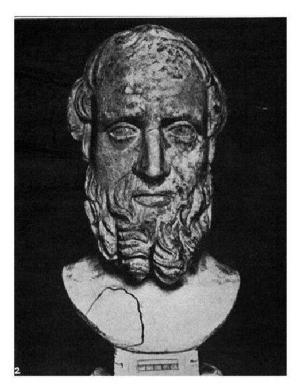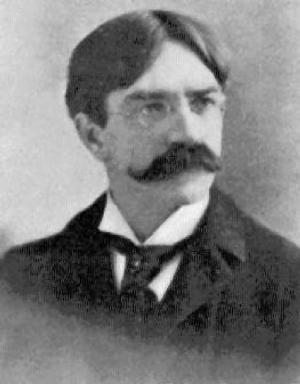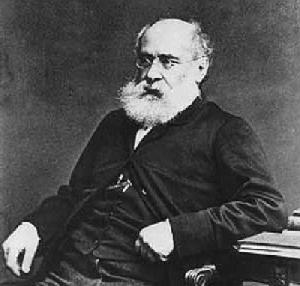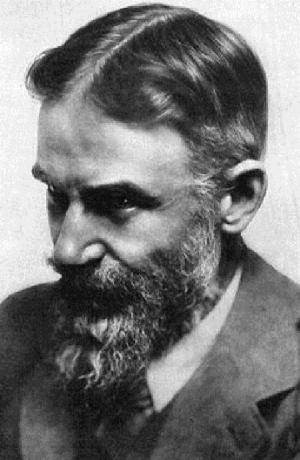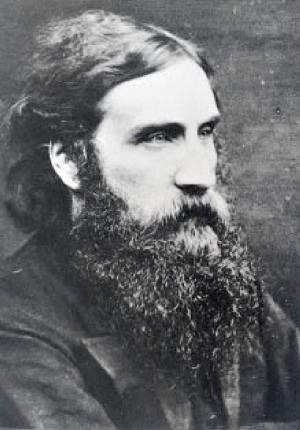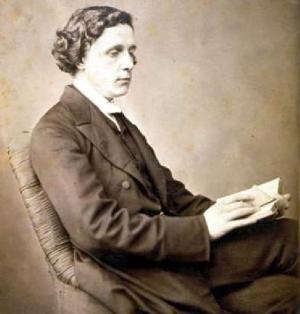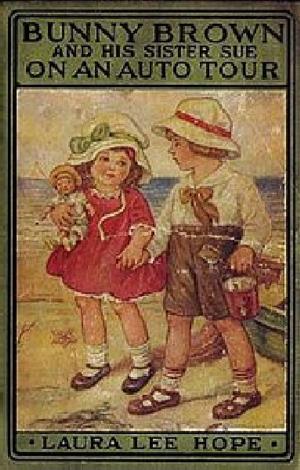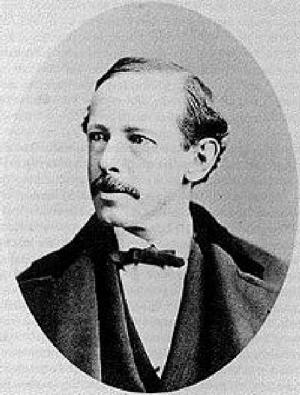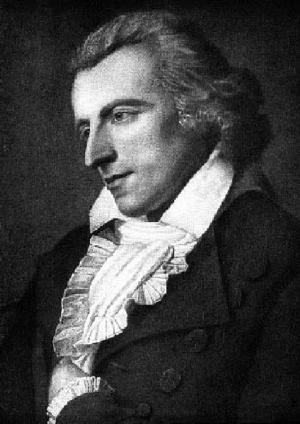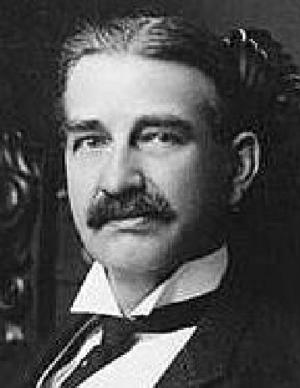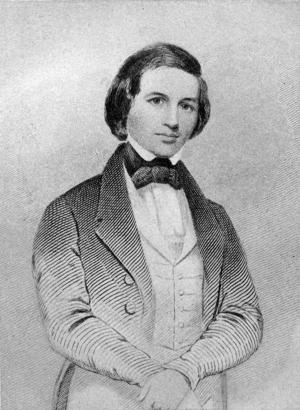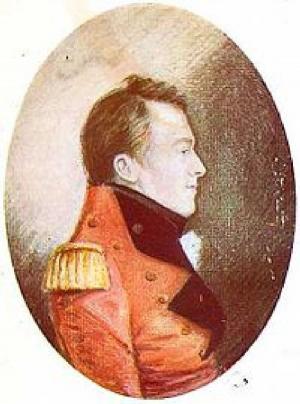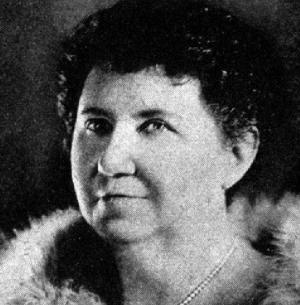The Last Look, a Tale of the Spanish Inquisition
Fiction & Literature, Classics, Kids, Teen, General Fiction, Fiction| Author: | Kingston, W.H.G. | ISBN: | 9781455370047 |
| Publisher: | B&R Samizdat Express | Publication: | June 10, 2015 |
| Imprint: | Quench Editions | Language: | English |
| Author: | Kingston, W.H.G. |
| ISBN: | 9781455370047 |
| Publisher: | B&R Samizdat Express |
| Publication: | June 10, 2015 |
| Imprint: | Quench Editions |
| Language: | English |
It is in the middle of the sixteenth century, and in Spain, where the Inquisition, and subsequent torturing and burning to death by the Catholic Church, of those who would not agree to its tenets, is getting under way. An Archbishop calls at the house of a former friend of his, a woman who had refused him in love. The woman is the widow of a great nobleman. The Archbishop is chatting to his former friend's daughter, and is thinking how like the child is to what she had been. Unfortunately the child artlessly gives away the fact that the family had now adoptedProtestantism, due perhaps to her father having met Luther while on visits to Germany. Some years later the child is now grown up, and has two suitors, one of whom is a rich Catholic, and the other is a much poorer man but a Protestant. She and others are meeting at the house of a woman who often has such clandestine all-Protestant meetings, when they hear thata person they all know has gone mad and has run around telling everyone about these Protestant meetings. The Inquisition of course, with spies everywhere, hears all about it. From then onward the story takes many of them to the jails of the Inquisition, and some are burnt at the auto-da-fe, a ritualised torture ceremony ending in death at the stake. According to Wikipedia: "William Henry Giles Kingston (28 February 1814 - 5 August 1880), writer of tales for boys, was born in London, but spent much of his youth in Oporto, where his father was a merchant. His first book, The Circassian Chief, appeared in 1844. His first book for boys, Peter the Whaler, was published in 1851, and had such success that he retired from business and devoted himself entirely to the production of this kind of literature, in which his popularity was deservedly great; and during 30 years he wrote upwards of 130 tales, including The Three Midshipmen (1862), The Three Lieutenants (1874), The Three Commanders (1875), The Three Admirals (1877), Digby Heathcote, etc. He also conducted various papers, including The Colonist, and Colonial Magazine and East India Review. He was also interested in emigration, volunteering, and various philanthropic schemes. For services in negotiating a commercial treaty with Portugal he received a Portuguese knighthood, and for his literary labours a Government pension."
It is in the middle of the sixteenth century, and in Spain, where the Inquisition, and subsequent torturing and burning to death by the Catholic Church, of those who would not agree to its tenets, is getting under way. An Archbishop calls at the house of a former friend of his, a woman who had refused him in love. The woman is the widow of a great nobleman. The Archbishop is chatting to his former friend's daughter, and is thinking how like the child is to what she had been. Unfortunately the child artlessly gives away the fact that the family had now adoptedProtestantism, due perhaps to her father having met Luther while on visits to Germany. Some years later the child is now grown up, and has two suitors, one of whom is a rich Catholic, and the other is a much poorer man but a Protestant. She and others are meeting at the house of a woman who often has such clandestine all-Protestant meetings, when they hear thata person they all know has gone mad and has run around telling everyone about these Protestant meetings. The Inquisition of course, with spies everywhere, hears all about it. From then onward the story takes many of them to the jails of the Inquisition, and some are burnt at the auto-da-fe, a ritualised torture ceremony ending in death at the stake. According to Wikipedia: "William Henry Giles Kingston (28 February 1814 - 5 August 1880), writer of tales for boys, was born in London, but spent much of his youth in Oporto, where his father was a merchant. His first book, The Circassian Chief, appeared in 1844. His first book for boys, Peter the Whaler, was published in 1851, and had such success that he retired from business and devoted himself entirely to the production of this kind of literature, in which his popularity was deservedly great; and during 30 years he wrote upwards of 130 tales, including The Three Midshipmen (1862), The Three Lieutenants (1874), The Three Commanders (1875), The Three Admirals (1877), Digby Heathcote, etc. He also conducted various papers, including The Colonist, and Colonial Magazine and East India Review. He was also interested in emigration, volunteering, and various philanthropic schemes. For services in negotiating a commercial treaty with Portugal he received a Portuguese knighthood, and for his literary labours a Government pension."

